From Oui, March 1975. –- J.R.
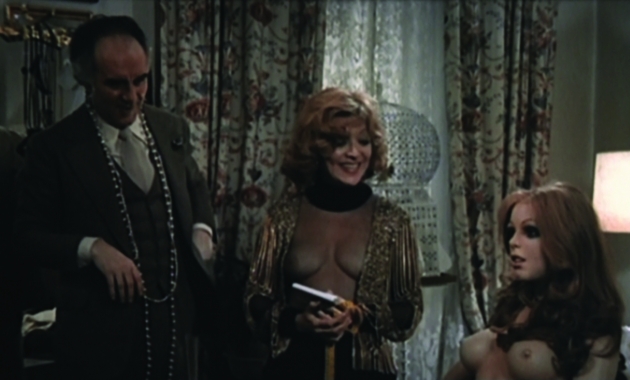
Life Size. A wealthy dentist (Michel Piccoli) buys a shapely, life-size female doll and immediately falls hopelessly in love with it. He dances with it, gently places it in a dentist’s chair to go over its bridgework, takes showers with it, talks to it and masturbates into its working orifices. When his indulgent mother (Valentine Tessier) finds him curled up in bed with it, she chuckles, dresses it up in old-fashioned clothes and briefly adopts it as a knitting companion. When lsabelle (Rada Rassimov), his wife, starts imitating the doll out of desperation, he dumps her into a closet and moves into a new flat with his synthetic bride. He even video-tapes their mock wedding for his amusement. But when his video-tape machine reveals that a Spanish repairman has been using his beloved for more immediate and less romantic purposes, he starts to “punish” his doll. The trouble with Luis Berlanga’s exhaustive movie is that what he has to say could probably be squeezed into about ten minutes without much sweat. -– JONATHAN ROSENBAUM
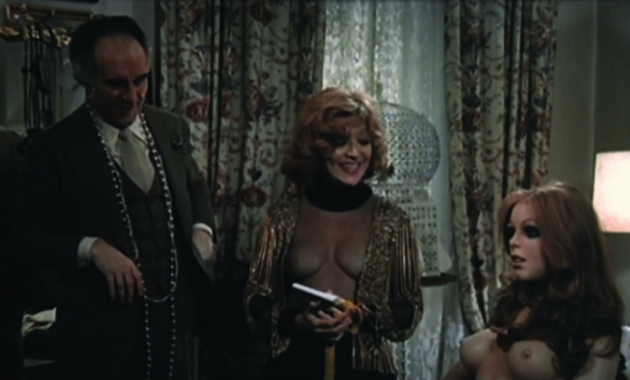 Read more
Read more
From the Chicago Reader (May 7, 2007). — J.R.
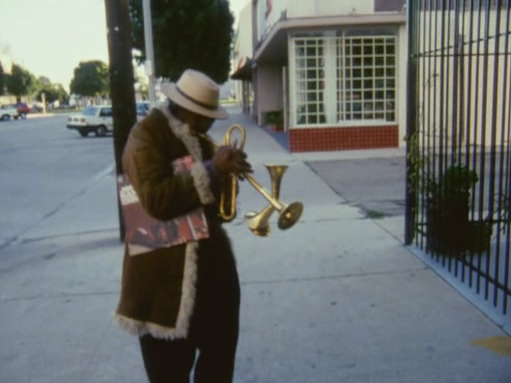
One of my all-time favorite films, this beautiful 12-minute short by Charles Burnett (Killer of Sheep, The Glass Shield), made for French TV in 1995, is a jazz parable about locating common roots in contemporary Watts and one of those rare movies in which jazz forms directly influence film narrative. The slender plot involves a Good Samaritan and local griot (Ayuko Babu), who serves as poetic narrator, trying to raise money from his neighbors in the ghetto for a young mother who’s about to be evicted, and each person he goes to see registers like a separate solo in a 12-bar blues. (Eventually a John Handy album recorded in Monterey, a countercultural emblem of the 60s, becomes a crucial barter item.) This gem has been one of the most difficult of Burnett’s films to see. (JR) Read more
From the Chicago Reader (October 4, 2007). — J.R.
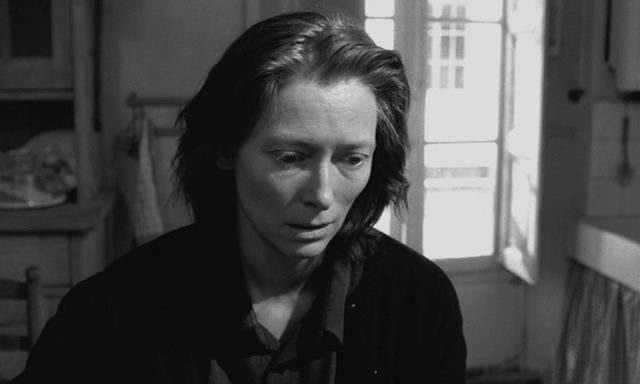
After the more complicated story lines of Satantango and Werckmeister Harmonies, Hungarian master Bela Tarr boils a Georges Simenon novel down to a few primal essentials: a railway worker in a dank and decaying port town witnesses a crime while stationed on a tower and then stumbles into some of the resulting situations. It’s a film about looking and listening, with a suggestive minimalist soundtrack and ravishing black-and-white cinematography by German filmmaker Fred Kelemen. Tarr’s slow-as-molasses camera movements and endlessly protracted takes generate a trancelike sense of wonder, giving us time to think and always implying far more than they show. (As Tarr himself puts it, The camera is inside and outside at the same time.) The fine cast includes Tilda Swinton and Hungarian actress Erika Bok, who played in Satantango when she was 11 and is now in her early 20s. In Hungarian with subtitles. 135 min. (JR)
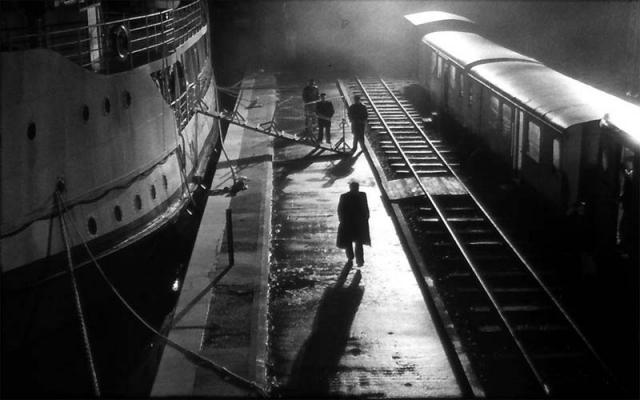 Read more
Read more





